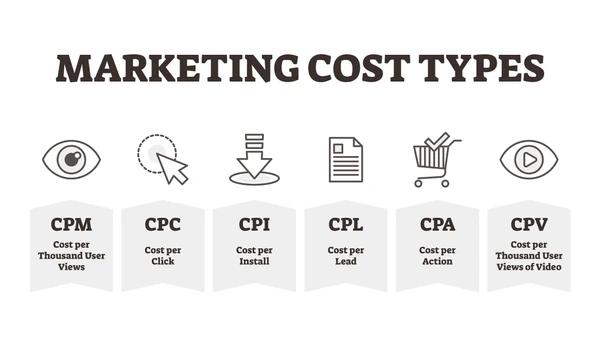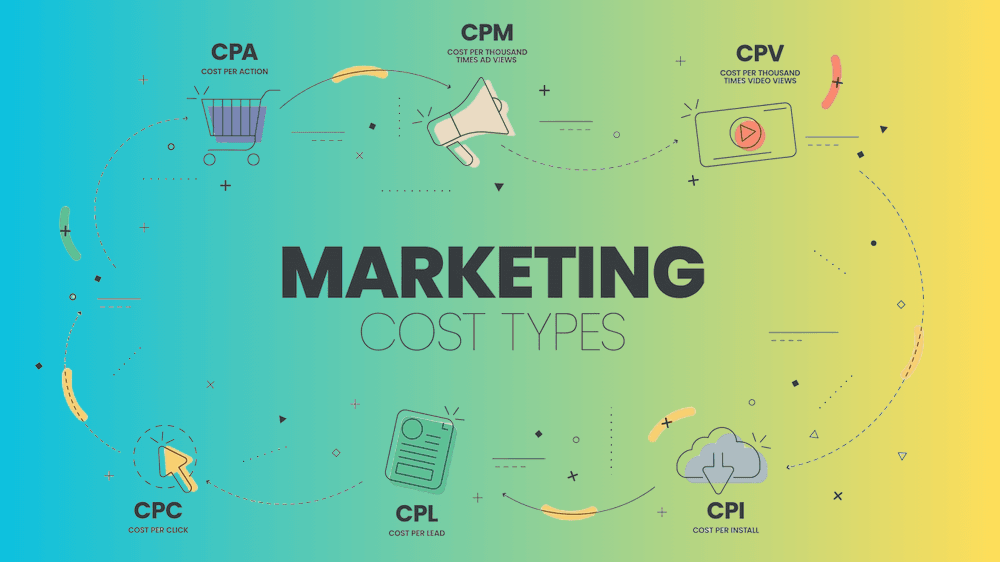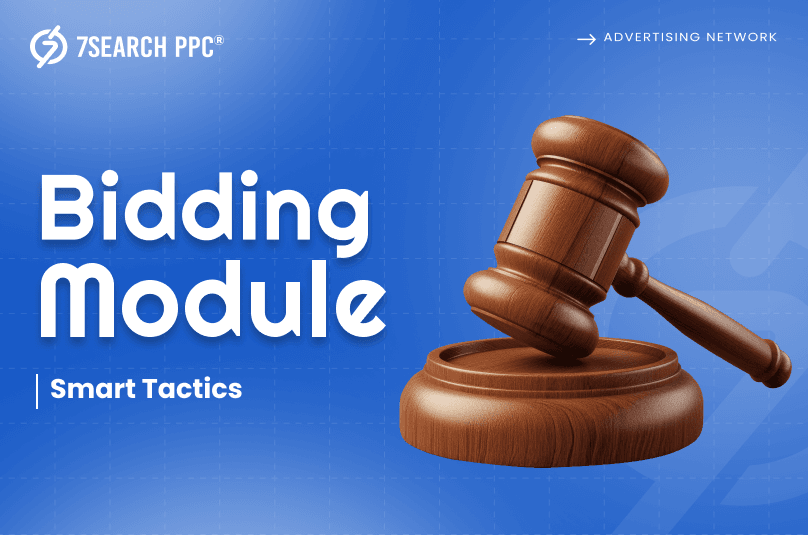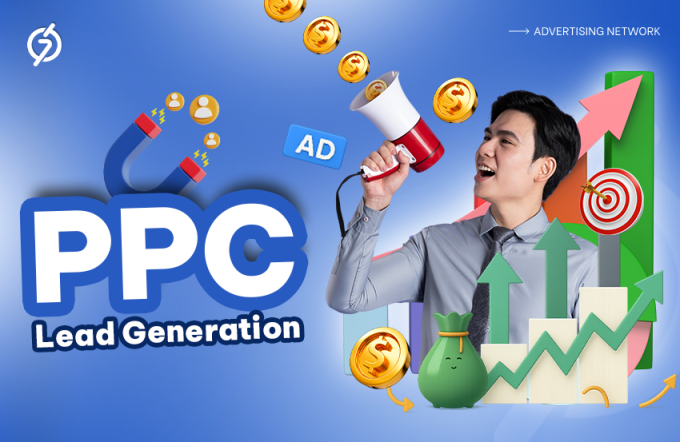As the digital world expands, advertising becomes crucial to businesses’ marketing strategies. The traditional forms of advertising have become less effective than they used to be, providing less ROI to advertisers.
This has led to the advent of digital advertising. It allows companies to connect with their potential customers with greater precision. One of the most popular advertising models used in digital advertising is the bidding module.
This system has transformed the advertising industry, allowing businesses to bid on ad space in real time. In this blog post, we’ll delve deeper into the bidding module in the advertisement. The blog will explain how it works and its benefits to advertisers and publishers.
So, are you ready to explore the world of bidding modules? Let’s get started!
What is Bidding Module?
The bidding module is a core component of the advertising industry. It is a system that allows publishers to sell ad space to advertisers in real-time auctions. This allows businesses to place ads on websites they know are relevant to their target audience while allowing publishers to make the most money from their ad space.
The bidding module works through a real-time bidding (RTB) auction. When a user visits a website, the publisher sends a proposal to an ad exchange, determining whether any advertisers are interested in that ad space. Advertisers interested in that ad space submit a bid in real time.
The ad exchange selects the highest bidder, and their ad is displayed on the website. This process occurs automatically in milliseconds, allowing publishers to maximize their revenue while enabling advertisers to reach their target audience immediately.

Purpose of Bidding Module:-
- The bidding module allows advertisers to bid on ad space in real-time auctions.
- This ensures businesses can display ads on websites relevant to their target audience.
- The bidding module maximizes revenue for publishers by giving them the ability to sell ad space to the highest bidder.
- The bidding module can increase engagement rates by only displaying relevant ads, ultimately leading to more business conversions.
- The real-time nature of the bidding module ensures that ads are displayed to users at the right moment, increasing the effectiveness of advertising campaigns.
- The bidding module helps businesses optimize their advertising spend by allowing them to choose which ad space they bid on.
Types of Bidding Modules in Advertising:-
Cost per Click (CPC):
This is one of the most popular bidding models used by advertisers. In this model, advertisers bid on the cost they are willing to pay for each click on their ad. The winning bidder gets the ad placement and only spends when a visitor clicks.
Cost per Impression (CPM):
In this bidding model, advertisers bid on the amount they are willing to pay for every 1,000 impressions or views of their ad. The highest bid determines the winner, and the advertiser pays for each impression, regardless of whether the user clicks on the ad.
Cost per Acquisition (CPA):
This model is designed for businesses that are focused on conversions. Advertisers bid on the cost they are willing to pay for each acquisition, which means every time a user performs a specific action, such as filling out a form, purchasing, or signing up for a newsletter.
Cost per Engagement (CPE):
This model is similar to Cost Per Action, focusing on user engagement rather than conversion. Advertisers bid on the cost for each engagement, such as liking, sharing, or commenting on an ad. Advertisers only pay when desired engagements occur, making this model highly cost-effective.
Cost per View (CPV):
This bidding model is mainly used for video ads, where the advertiser bids on the amount they are willing to pay for each view of their ad. The advertiser only spends when a user views the ad up to a certain point, usually 30 seconds.
PPC (Pay-Per-Click):
With PPC advertising, businesses only pay when someone clicks on their ads, making it a cost-effective option for advertising.
Benefits of Bidding Module in Online Advertising:
Benefits for Advertisers:
- Targeted Advertising: The bidding module allows businesses to display their ads to people interested in their products or services. It increases the chances of conversions.
- Cost-Effective Advertising: Bidding modules help businesses optimize their advertising spend. It allows them to choose which ad space to bid on, ensuring they get the most value for their money.
- Real-Time Feedback: The real-time nature of bidding modules allows businesses to obtain immediate feedback on the effectiveness of their ads.
- Access to Reporting Data: Bidding modules provide advertisers with valuable data on their ad placements. It includes the number of clicks, impressions, and conversions, helping them determine which ad space is most effective.
Benefits for Publishers:
- Increased Revenue: The bidding module enables publishers to sell their ad space to the expensive bidder, increasing their revenue.
- Relevant Advertisements: Bidding modules provide relevant ads to users, increasing engagement rates and leading to more conversions.
- Valuable Ad Space: The bidding module attracts high-quality advertisers, increasing the value and reputation of the publisher’s website.
- Real-Time Ad Display: Bidding modules ensure that the ads displayed on the publisher’s website are relevant.

Tips and Tricks For Bidding Module:
- Set a Budget: Before bidding, set a budget and stick to it. This will help you evade overspending and ensure you get the most value for your money.
- Target the Right Audience: Targeting the right audience is crucial in the bidding module. Ensure you target the audience most likely to engage with your ad and convert it into a paying customer.
- Optimize Ad Creatives: Ensure your ad is visually appealing and optimized for the device it will display. This will help increase engagement rates and, subsequently, conversions.
- Bid Strategically: Bid strategically by analyzing the bidding data and only bidding on the most effective ad space for your ad campaign.
- Utilize Automated Bidding: Automated bidding can save time and optimize your ad spending by placing real-time bids on your behalf based on your campaign goals.
- Track and Analyze: Track and analyze the results of your bidding campaigns to determine which ad space is most effective, allowing you to adjust your budget and strategy accordingly.
Benefits of Using Tips and Tricks:
- Saves time: Using proven tips and tricks reduces the time required to create bids. It also helps to manage procurement processes.
- Improves accuracy: Use templates, preset rules, and other techniques. With this, companies can reduce errors and ensure their bids are accurate.
- Increases efficiency: Train team members on the best practices and techniques for using a bidding module. It can increase their efficiency and productivity.
- Enhances customer satisfaction: Effective communication, quick response times, and quality customer service can enhance customer satisfaction.
- Increases chances of success: Use tips and tricks based on industry best practices. With this, businesses can increase their chances of landing successful bids.
- Cost savings: Implementing tips and tricks ensures optimal pricing strategies. It helps in reducing the chances of underpricing or overpricing bids.
Common Mistakes to Avoid When Bidding for Ad Space:
Failing to Define Your Target Audience:
Without a clear understanding of your target audience, you may end up bidding on ad space that isn’t conducive to your campaign.
Setting Unrealistic Bids:
Bidding too low may limit your ad’s visibility, while bidding too high may deplete your budget quickly. Analyze the data, set a reasonable bid, and adjust based on the results.
Choosing the Wrong Ad Placement:
Not all ad placements have equal effectiveness when targeting a particular audience. Bidding on a popular ad slot doesn’t guarantee success. Conduct market research to find your campaign’s most effective ad placement and bid accordingly.
Not Utilizing Bid Adjustments:
Bid adjustments allow you to bid differently based on device type, geographical location, and time of day.
Bidding on Irrelevant Keywords:
Bidding on irrelevant keywords may result in ads appearing to an irrelevant audience, leading to low click-through and high bounce rates.
Ignoring Ad Quality:
Ad quality, including visuals and copy, plays a vital role in the effectiveness of your ad. Ignoring ad quality can result in low engagement rates, high bounce rates, and ultimately a waste of your advertising budget.
Conclusion:
In conclusion, the bidding system has revolutionized the way advertising works. Advertisers and publishers alike have benefited immensely from the efficiencies provided by these systems. However, avoiding common mistakes when bidding for ad space is essential to maximize effectiveness and allocate advertising budgets wisely.
By understanding the importance of defining your target audience, choosing the proper ad placement, and regularly testing and optimizing your bids, advertisers can achieve higher ROI and increase their chances of success. With continued advancements in technology, the bidding system will continue to evolve.















![How To Monetize Social Media Traffic [A Guide To Make Money From Followers] 8 Monetize Social Media Traffic](https://www.7searchppc.com/blog/wp-content/uploads/2025/11/Monetize-Social-Media-Traffic-680x442.png)
![Proven Blog Traffic Tips To Grow Your Audience In 2025 [A Beginner-Friendly Guide] 9 Blog Traffic Tips](https://www.7searchppc.com/blog/wp-content/uploads/2025/10/Blog-Traffic-Tips-680x442.png)

